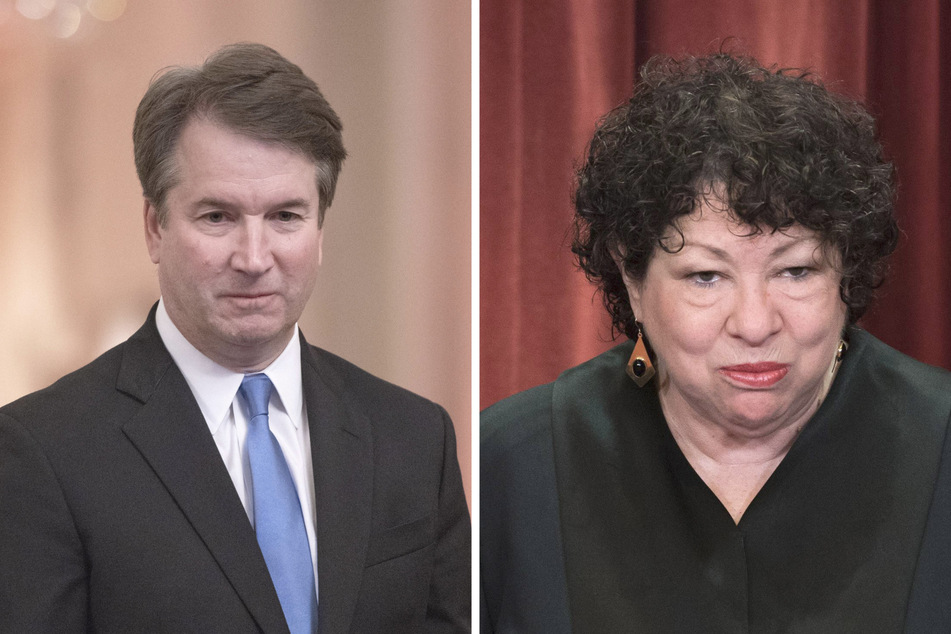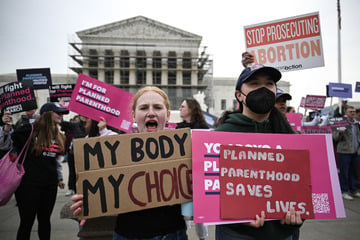Supreme Court eases restrictions on life sentences without parole for juveniles
Washington DC – The Supreme Court on Thursday upheld a life term in prison without parole for a 15-year-old who fatally stabbed his grandfather, ruling that a sentencing judge need not decide that the young person was "permanently incorrigible."

The 6-3 decision retreats somewhat from a pair of earlier rulings, which said that such life sentences for minors convicted of murder should be extremely rare and limited to cases in which there was no hope that the young person could be rehabilitated.
Justice Brett M. Kavanaugh, speaking for the court in Jones v. Mississippi, said judges are required to weigh the defendant’s age as a mitigating factor before imposing a punishment for a homicide. But the sentencing decision remains in the hands of the judge who heard the case, he said.
A judge doesn't need to go further and decide the defendant could never be rehabilitated, he added.
"Our holding today does not preclude the states from imposing additional sentencing limits in cases involving defendants under 18 convicted of murder," he said. "States may categorically prohibit life without parole for all offenders under 18. Or states may require sentencers to make extra factual findings before sentencing an offender under 18 to life without parole."
Justice Sonia Sotomayor issued a sharp dissent for the three liberals. She said "the court [gutted]" two earlier rulings, including one which held "a lifetime in prison is a disproportionate sentence for all but the rarest children, those whose crimes reflect 'irreparable corruption.'"

The outcome reflects the retirement of Justice Anthony M. Kennedy and the death of Justice Ruth Bader Ginsburg. Kennedy had repeatedly spoken out against harsh punishments for juvenile offenders, and he wrote the court’s ruling that ended capital punishment for them, as well as those that limited the circumstances for imposing life prison terms on those under 18.
Sotomayor said Thursday’s ruling means that even if a "juvenile’s crime reflects 'unfortunate yet transient immaturity', he can be sentenced to die in prison," quoting a passage from Kennedy’s earlier opinion.
Justices Stephen G. Breyer and Elena Kagan joined the dissent.
Cover photo: Collage: IMAGO / ZUMA Press, IMAGO / UPI Photo
